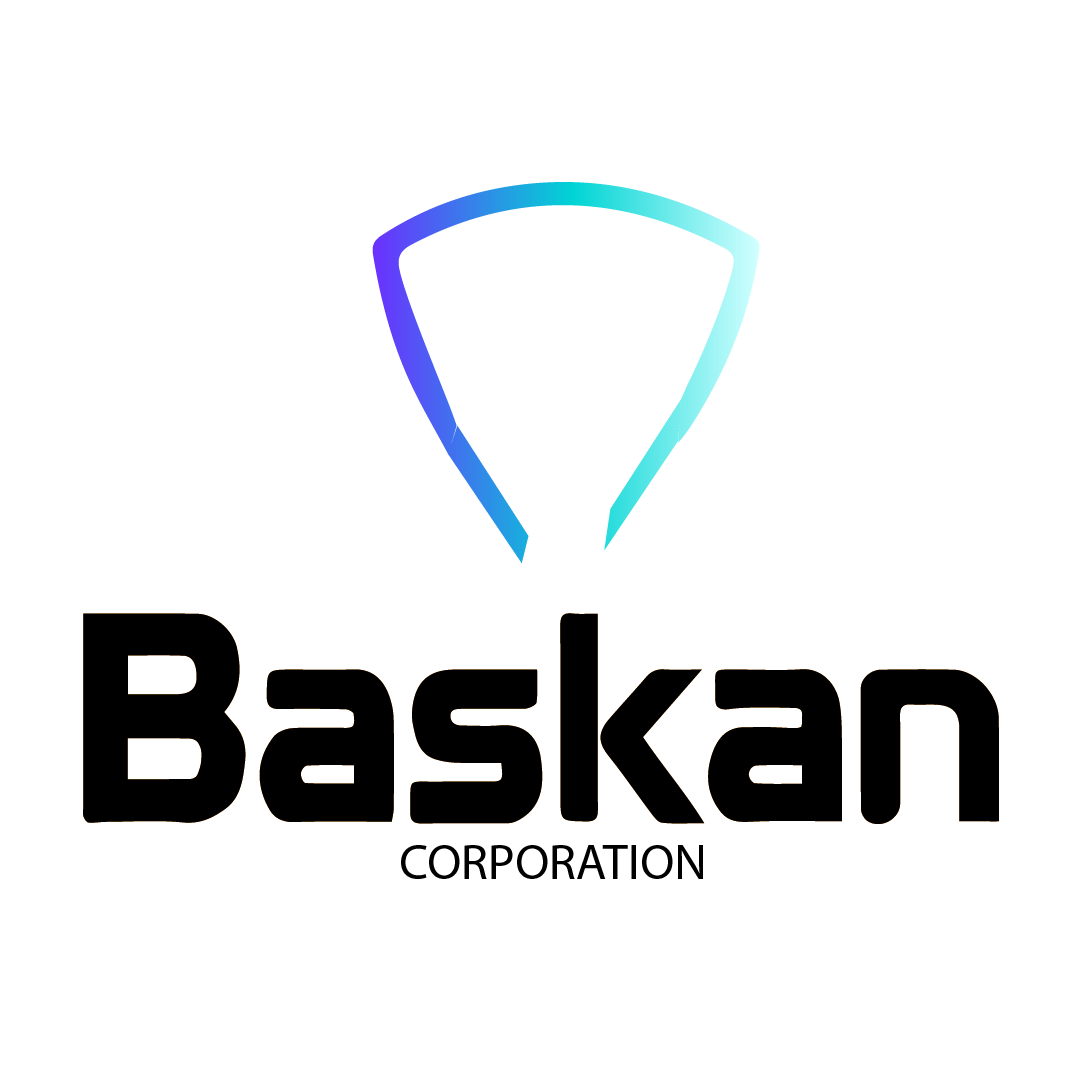Project Management Professional (PMP)
The Project Management Professional (PMP) certification offered by the Project
Management Institute (PMI) is one of the most recognized and coveted certifications
in the field of project management.
Project Management Professional (PMP)
Project Management Professional (PMP) is a globally recognized certification offered by the Project Management Institute (PMI). It demonstrates a professional’s ability to manage projects effectively, covering essential skills like planning, execution, and leadership.
With PMP certification, individuals showcase their expertise in leading projects across industries, ensuring successful outcomes within set deadlines and budgets. This credential enhances career opportunities and credibility in the project management field.


PMI: The Project Management Institute (PMI)
The Project Management Institute (PMI) is a globally recognized organization that offers various certifications related to project management. It is known for setting industry standards and best practices in project management.
Eligibility Criteria
PMP Eligibility Requirements
To be eligible for the PMP certification, you must meet certain educational and professional experience requirements. All project management experience must have been accrued within the last eight consecutive years prior to your application submission.
| Educational Background | Project Management Experience |
|---|---|
| Secondary degree (high school diploma, associate’s degree or global equivalent) | Minimum five years/60 months unique non-overlapping professional projectmanagement experience |
| OR | |
| Four-year degree (bachelor’s degree or global equivalent) | Minimum three years/36 months unique non-overlapping professional project management experience |
| OR | |
| Bachelor's or post-graduate degree from a GAC accredited program *(bachelor’s degree or master's or global equivalent) | Minimum two years/24 months unique non-overlapping professional project management experience |
other Requirments:
To be eligible for the PMP exam, candidates must have a four-year degree, 36 months of project management experience, and 35 hours of project management education. Alternatively, candidates with a high school diploma or an associate’s degree need 60 months of project management experience and 35 hours of project management education.
PMP Course Contents
The PMP course covers key phases of project management to ensure comprehensive understanding and effective project execution.
Initiating
In this phase, the project is defined and authorized. Key objectives include identifying stakeholders, determining project goals, and establishing the project charter. This sets the foundation for all project activities.
Planning
The planning phase involves creating a detailed roadmap to guide the project. Key areas include developing timelines, budgeting, resource allocation, and risk management strategies to ensure smooth execution.
Executing
During the executing phase, the project plan is put into action. Tasks include coordinating team efforts, managing resources, and ensuring that project activities are aligned with the objectives outlined in the plan.
Monitoring and Controlling
This phase focuses on tracking the project’s progress and performance. It involves monitoring key metrics, identifying issues or risks, and implementing corrective actions to keep the project on track.
Closing
The closing phase ensures that all project goals have been met and the project is formally completed. This includes finalizing deliverables, obtaining stakeholder approvals, and conducting a post-project review.
PMP Examination
The PMP examination is comprised of 180 questions. Of the 180 questions, 5 are considered pretest questions. Pretest questions do not affect the score and are used in examinations as an effective and legitimate way to test the validity of future examination questions. All questions are randomly placed throughout the examination. This exam tests candidates on their knowledge of project management processes, tools, and techniques. The exam is based on the PMBOK Guide (Project Management Body of Knowledge).
| No. of Scored Questions | No. of Pretest (Unscored) Questions | Total Examination Questions | Allotted Examination Time |
|---|---|---|---|
| 175 | 5 | 180 | 230 |
PMP Exam Fees:
The PMP exam fee for PMI members is
while non-members pay
In addition, there are costs associated with preparatory materials or courses that candidates may choose to utilize.
Recertification:
PMP certification is valid for three years. To maintain the certification, PMP holders must earn 60 Professional Development Units (PDUs) every three years through continuing education, giving presentations, or volunteering. A recertification fee also applies.
Overall, the PMP certification by PMI is a valuable credential that demonstrates a project manager’s dedication, skills, and knowledge in the field. It is a significant investment in one’s professional development and can open doors to new career opportunities.

